New Survey Shows Strong Support for Energy Transition in Taiwan
Author/RSPRC Research Team
The Risk Society and Policy Research Center (RSPRC) conducted a survey in April 2020 and found that Taiwanese hold increasingly favorable attitudes toward Taiwan's energy transition; and that as part of the government's COVID-19 relief measures, companies should also be required to adopt green measures to take this opportunity to transform Taiwan's economy into a greener one.
RSPRC commissioned the Taiwan Real Survey Company to conduct the survey from 6 to 10 April 2020 to 1,087 Taiwanese aged 18 and above, among which 785 were surveyed via landline phones and 302 via mobile phones. The survey has a confidence level of 95%, with a margin of error of ±2.97%. Due to the declining use of landline phones and increasing usage of mobile phones, the survey was also conducted via mobile phones to expand the coverage for the survey and reach out to younger respondents. The survey used a dual-frame, random-digit-dialing (DFRDD) methodology, which uses the two frames of data from the landline and mobile phones to estimate and combine the results.
RSPRC's survey results are released just in time for President Tsai Ing-wen's second inauguration ceremony, and the findings should hopefully invigorate the government's pursuit toward low-carbon transformation. While the COP26 global climate change summit has been postponed due to the COVID-19 pandemic, Taiwan should not rest on its laurels, and should keep pace with other countries by enacting bolder targets in order to more effectively undergo energy transition.
Support for Energy Transition
1. Respondents are feeling the impacts of climate change first-hand
Of the 1,087 respondents, 85% of them said that they have experienced first-hand the impacts of climate change, of whom 34.2% said they were deeply affected and 50.8% said they were somewhat affected. There were only 13.5% who did not think they were affected, with 1.2% who felt not at all affected while 12.3% said they were not too affected.
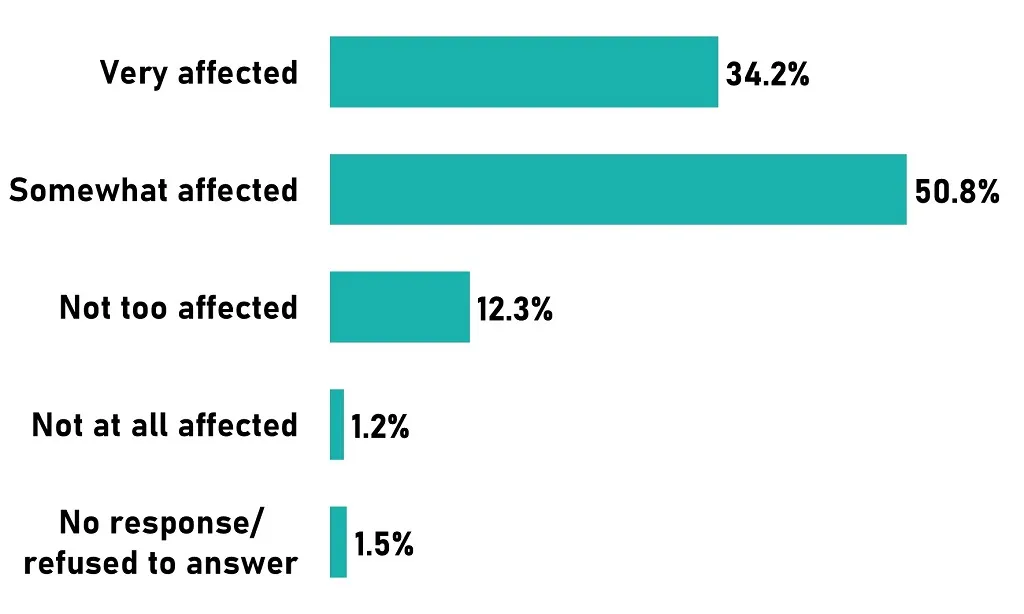
Chart 1-1: Extend to which individuals are personally affected by climate change
2. Energy transition should be one of the government's long-term policy priorities
When asked about the government's long-term policy priorities, 49.8% of the respondents felt that the government should focus on 'improving economic growth', while 'reducing the prevalence of infectious diseases' like COVID-19 came in second at 42.4%. Nonetheless, 'accelerating energy transition and carbon reduction' came in third, among 38.7% of the respondents, while 37.6% pointed to the need to 'reduce income inequality'. There were 16.2% who felt that 'improving cross-straits relations' should be a policy priority for the government.
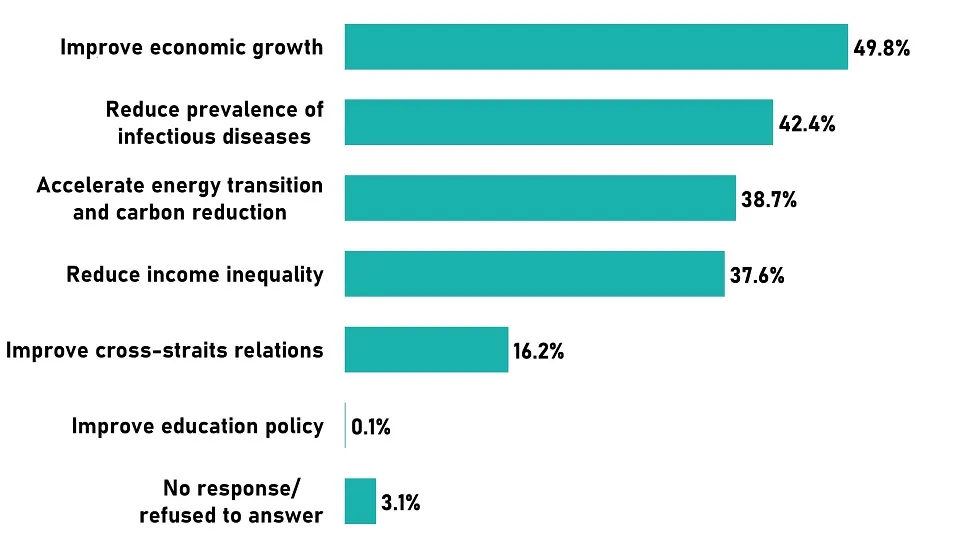 Chart 1-2: Long-term policy priorities government should focus on
Chart 1-2: Long-term policy priorities government should focus on
3. Energy transition should be proactively promoted to protect Taiwan from climate disasters
82.4% of Taiwanese in RSPRC's survey also agreed that energy transition in Taiwan should be proactively promoted in order to prevent climate disasters, among whom 40.1% strongly agreed and 42.3% agreed with the statement. There were only 14.2% who disagreed, with 3.6% strongly disagreeing and 10.6% who disagreed.
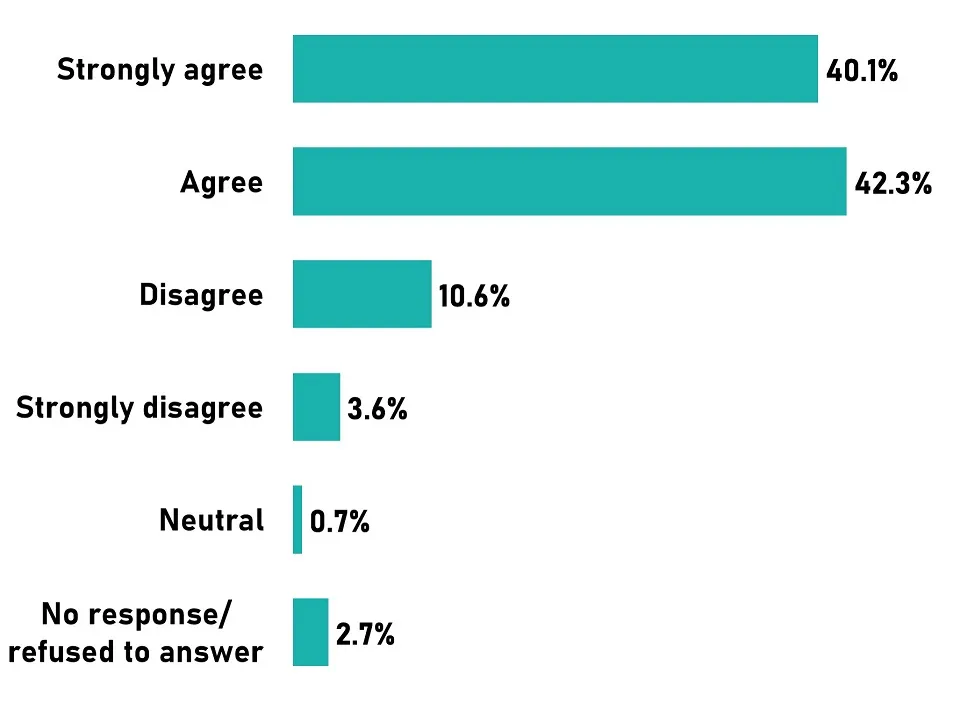
Chart 1-3a: Level of agreement on the proactive promotion of energy transition
A cross-analysis of the results also found a high degree of bipartisan support among both pan-blue Kuomintang (KMT) and pan-green Democratic Progressive Party (DPP) supporters. 76.2% of pan-blue supporters were in agreement with the proactive promotion of energy transition while 84% of pan-green supporters felt the same.
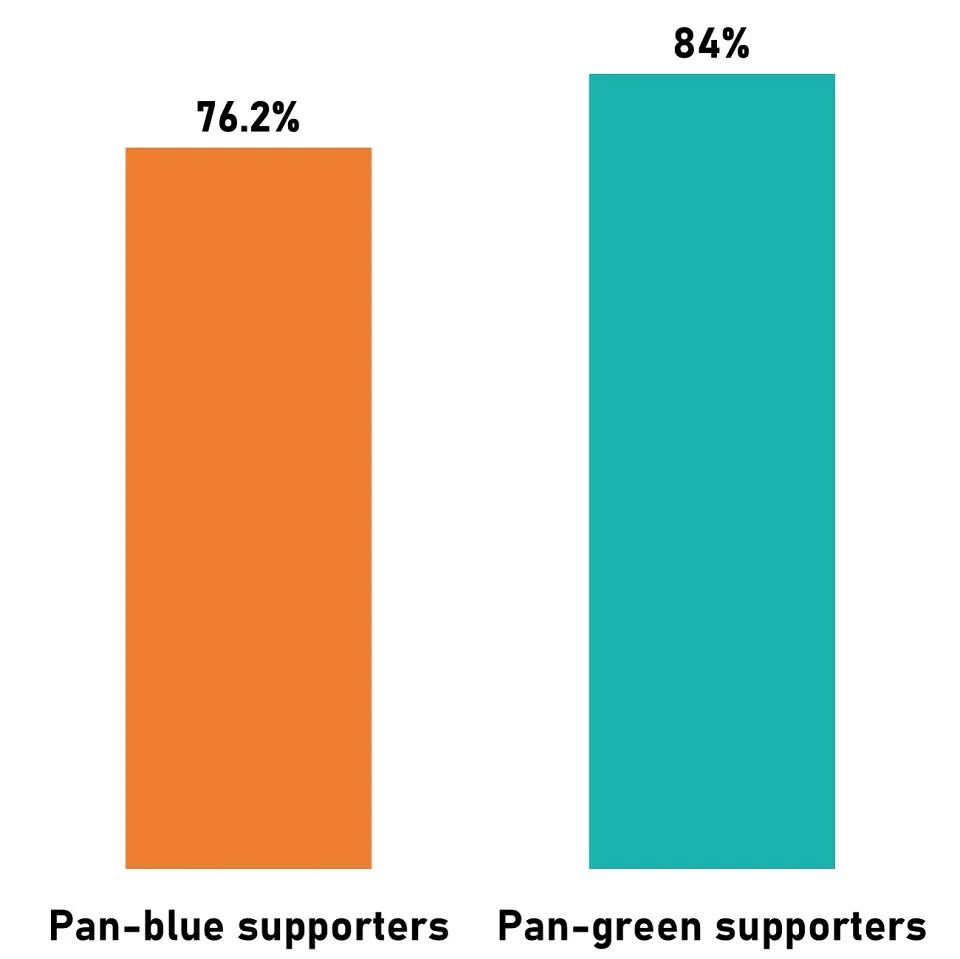
Chart 1-3b: Level of agreement on the proactive promotion of energy transition among pan-blue and pan-green supporters
4. Respondents are supportive of the government's 2025 renewable targets
Of the government's 2025 renewable energy target (of 20% of Taiwan's electricity mix), an overwhelming 78.5% of the respondents were in agreement with the target, with 35.2% who strongly agreed and 43.3% who agreed. Only 12.1% did not agree, among whom 5.4% who strongly disagreed and 6.7% who disagreed.
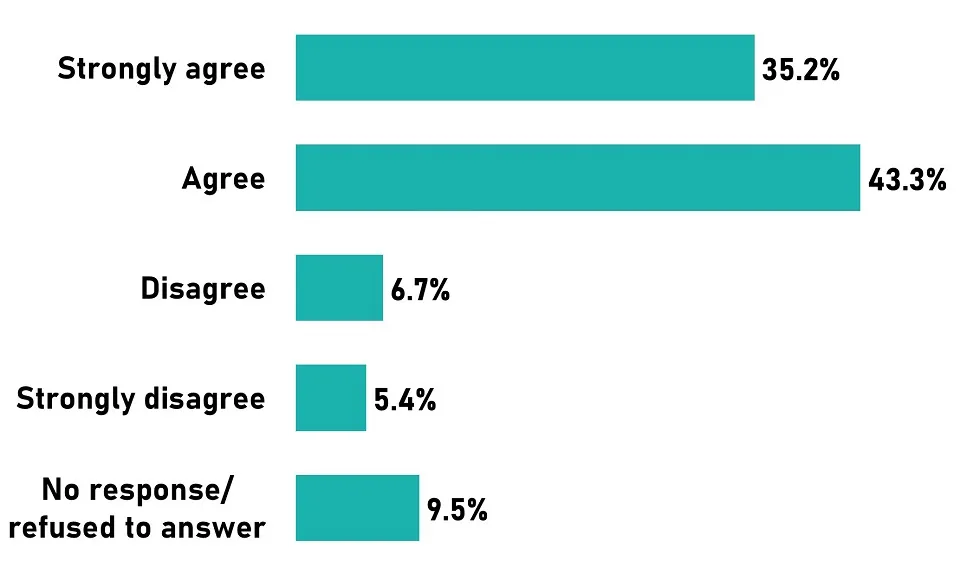
Chart 1-4a: Level of agreement with the government's 2025 renewable energy target
Again, a cross-analysis of the results show similarly high bipartisan support among pan-blue (62.8%) and pan-green (87.1%) supporters of the government's 2025 renewable energy target.
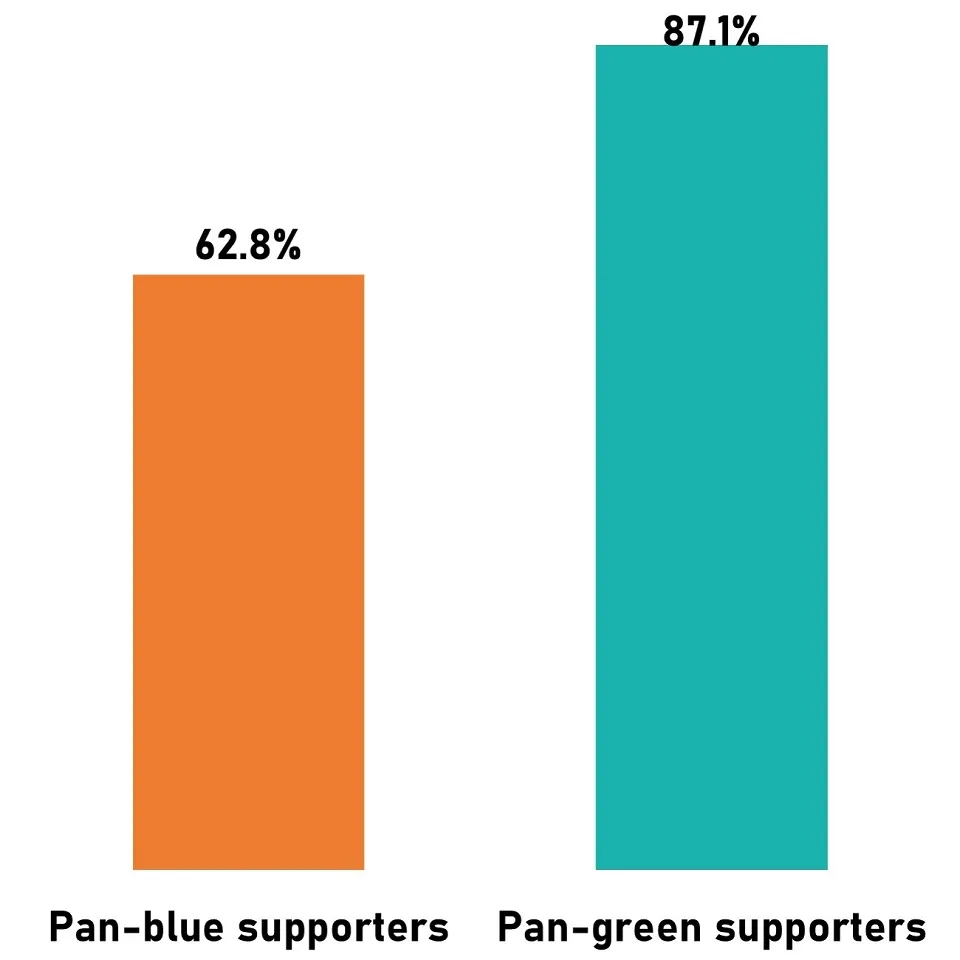
Chart 1-4b: Level of agreement with the government's 2025 renewable energy target among pan-blue and pan-green supporters
5. Respondents' attitudes toward the implementation of energy transition in Taiwan
Respondents were also asked about how 'fair', 'well-planned' and 'urgent' the implementation of energy transition in Taiwan has been. In terms of the fairness of implementation, respondents gave it an average of 3.83 out of 7 points.
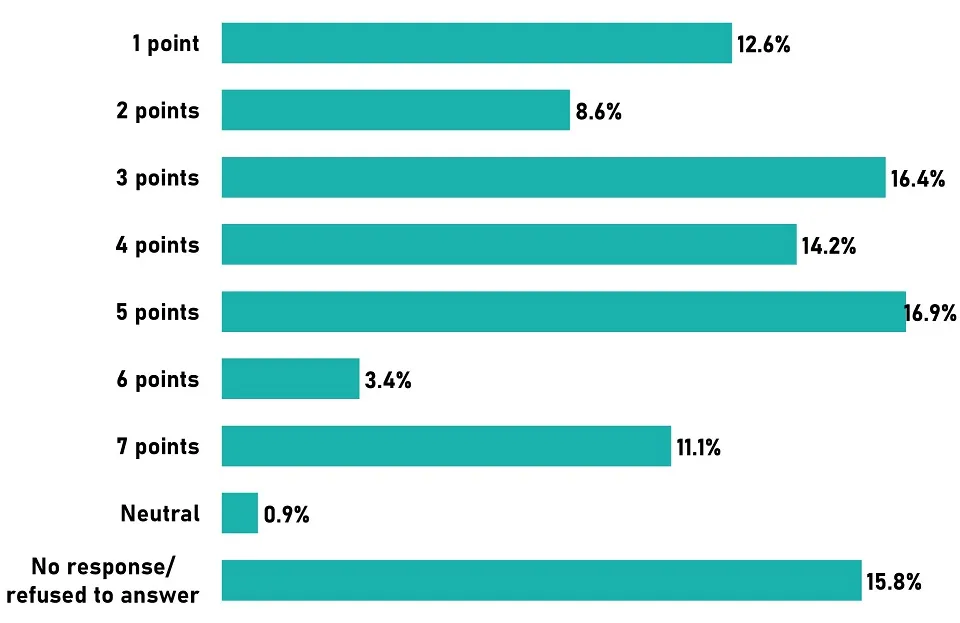
Chart 1-6a: Fairness of the implementation of Taiwan's energy transition (N=1087)
In terms of how well-planned Taiwan's energy transition is, respondents rated it an average of 3.74 out of 7 points.
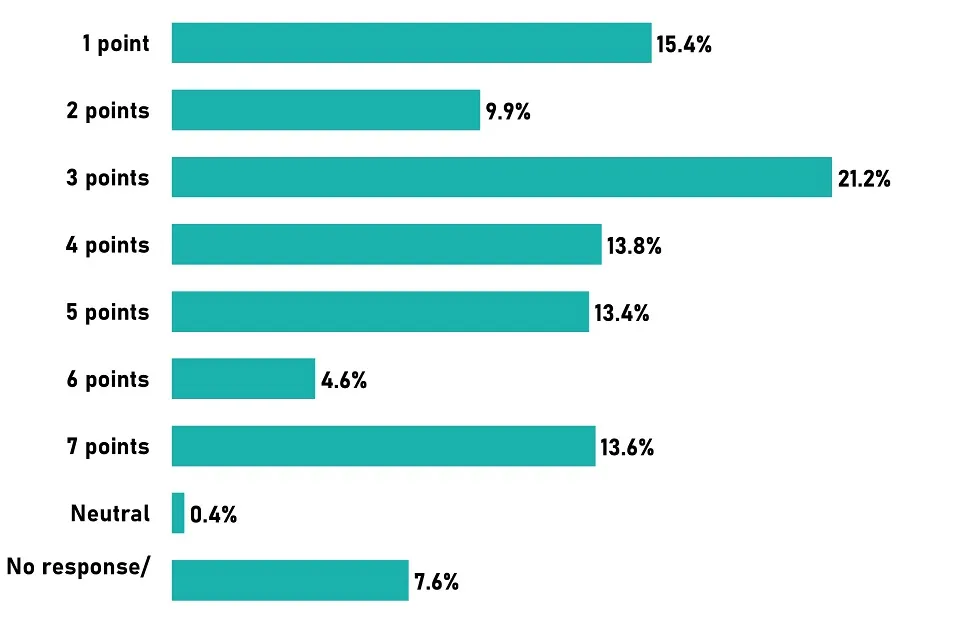
Chart 1-6b: How well-planned Taiwan's energy transition is (N=1087)
On the urgency of Taiwan's energy transition, respondents gave it an average score of 4.32 out of 7 points.
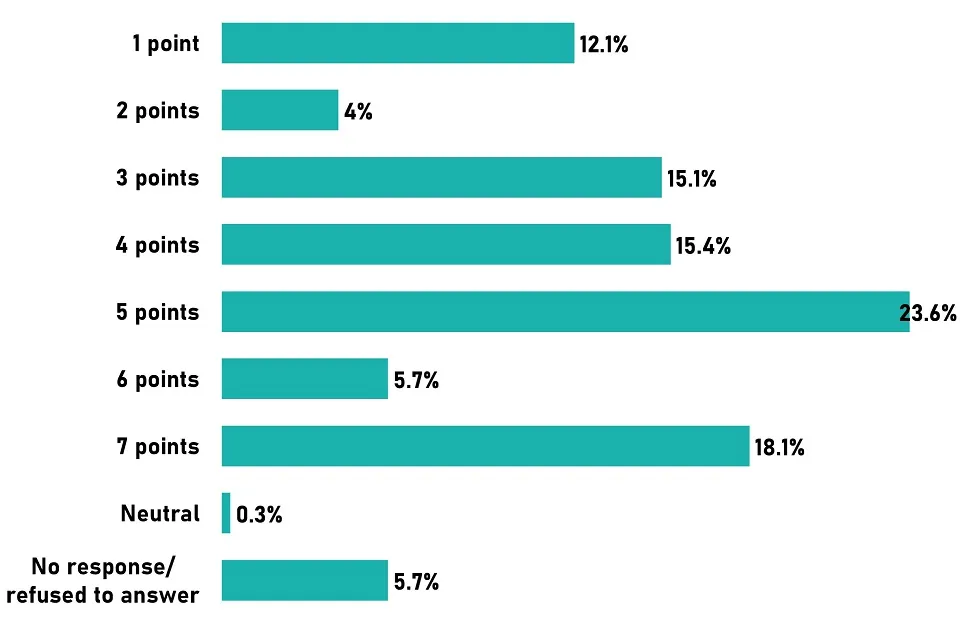
Chart 1-6c: Urgency of Taiwan's energy transition (N=1087)
The results were also compared with 2018's results, which showed an increase among respondents in terms of how fair and well-planned Taiwan's energy transition implementation has been, though there was a slight decline among respondents on the urgency.
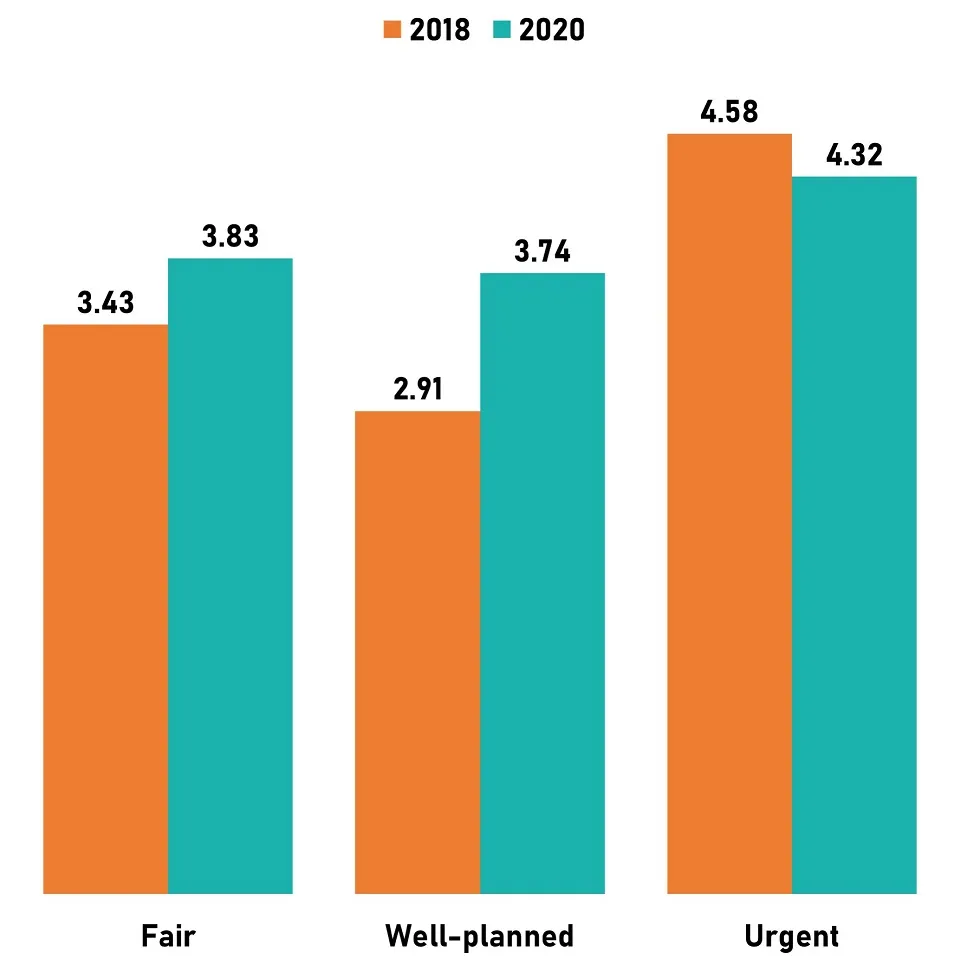
Chart 1-6d: Attitudes toward the implementation of energy transition in Taiwan
Support for Relevant Policy Tools
1. Respondents are willing to accept an increase in fuel prices as part of a carbon tax
Among the respondents, 56.7% of them said that they would be willing to accept adjusting fuel prices upwards as a means to implement carbon tax. In terms of the increase that respondents were willing to accept, 2.8% were willing to accept an increase of no more than NT$0.1, 7% of between NT$0.2 and NT$1, 8% between NT$1.1 and NT$2, 4.6% between NT$2.1 and NT$3, and 34.3% who were willing to accept more than NT$3. However, there were 16.6% of the respondents who were reluctant to accept higher fuel prices. Of note, the proportion of respondents who were willing to accept an increase of more than NT$3 is the highest since we started conducting our survey.
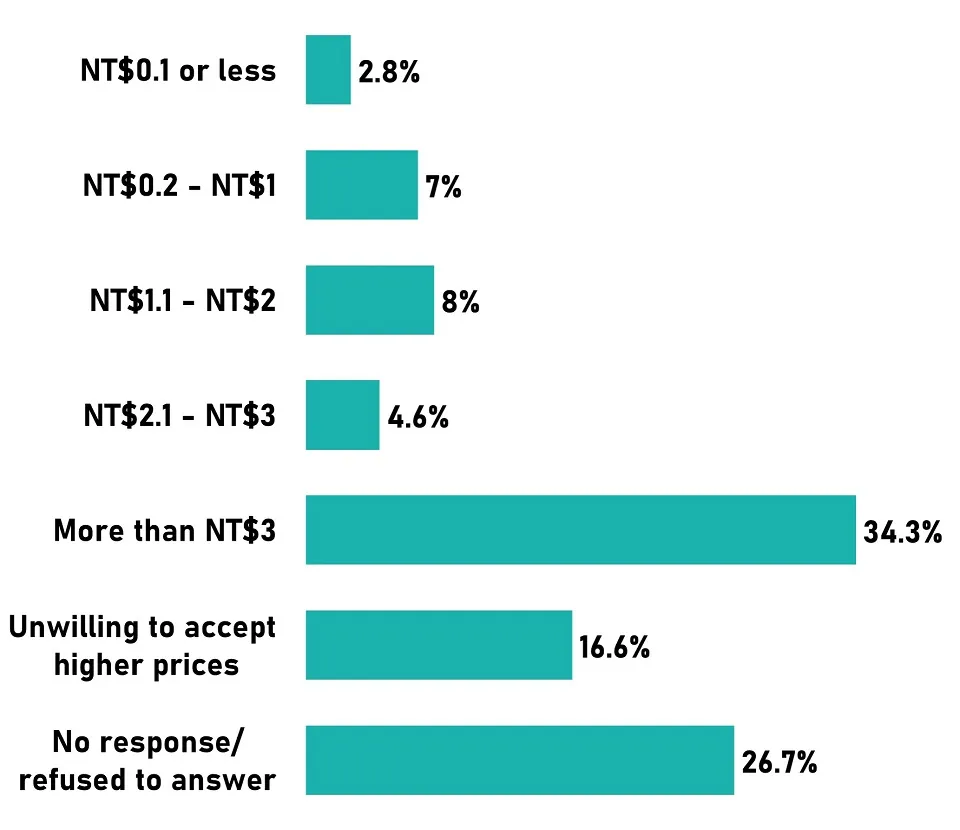
Chart 2-1: Acceptance level of fuel price increases
2. Respondents are supportive of a timeline to phase out fossil fuel-powered vehicles
In terms of the support for the implementation of a timeline to phase out fossil fuel-powered vehicles, 14.3% of the respondents said that they were very supportive, with another 30.4% who were fairly supportive. On the other hand, there were 43.7% who were unsupportive, among whom 15.5% were not at all supportive and 28.2% who were not too supportive. The distribution among supporters and non-supporters was however quite even.
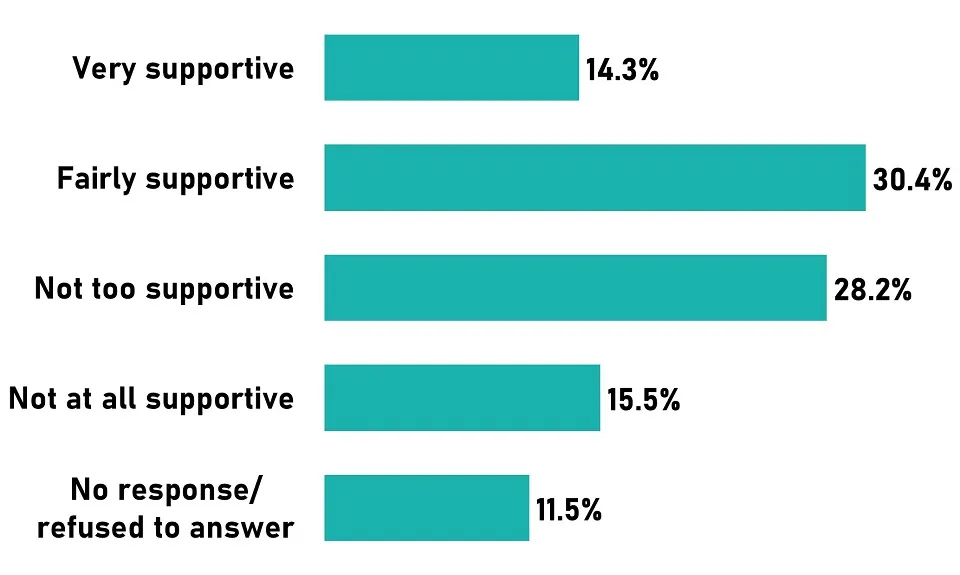
Chart 2-2: Support for a timeline to phase out fossil fuel-powered vehicles
Trust Toward Energy Information Agents
1. Levels of trust toward energy information agents in Taiwan
In terms of the respondents' trust toward energy information agents in Taiwan, 59.3% placed the most trust among academics and experts, while environmental groups came in second, among 37.6% of the respondents. This was followed by government agencies (26.6%), renewable energy companies (13.7%), businesses (10.2%) and pro-nuclear groups (6.9%). There were 5.1% who did not trust any of these groups at all.
Among those least trusted, businesses came out tops with 42.2% of the respondents, followed by government agencies which were second-least trusted, among 34.4% of the respondents. Renewable energy companies ranked third (31.4%), followed by pro-nuclear groups (20.5%), environmental groups (12.7%) and academics and experts (3.6%).
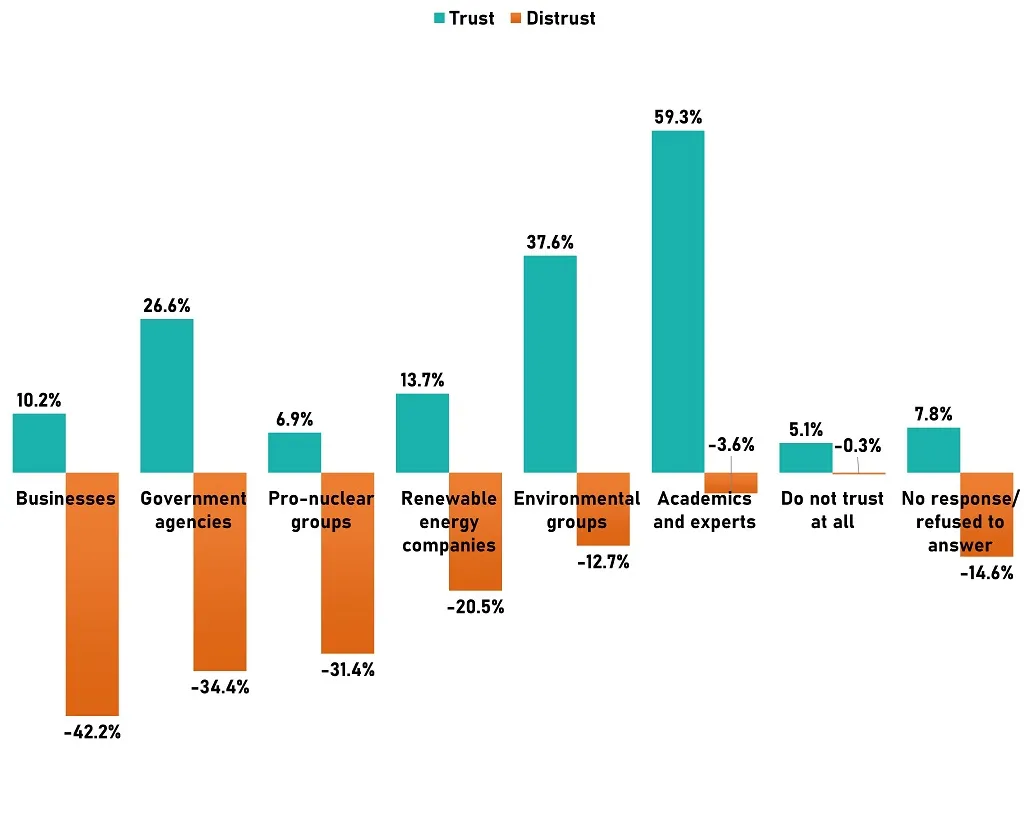
Chart 3-1: Level of trust toward energy information agents in Taiwan
Support for Green Obligations for Taiwan's Companies
1. Respondents are supportive of developing a mechanism for the energy efficiency review of returning Taiwanese companies
As for companies returning to invest in Taiwan under a government incentive program, there were 82.1% of the respondents who supported setting up a mechanism to review the energy efficiency of these companies, among whom 39.1% were very supportive while 43% were fairly supportive. Only 8.3% of the respondents were unsupportive, with 2.7% who were not at all supportive and 5.6% who were not too supportive.
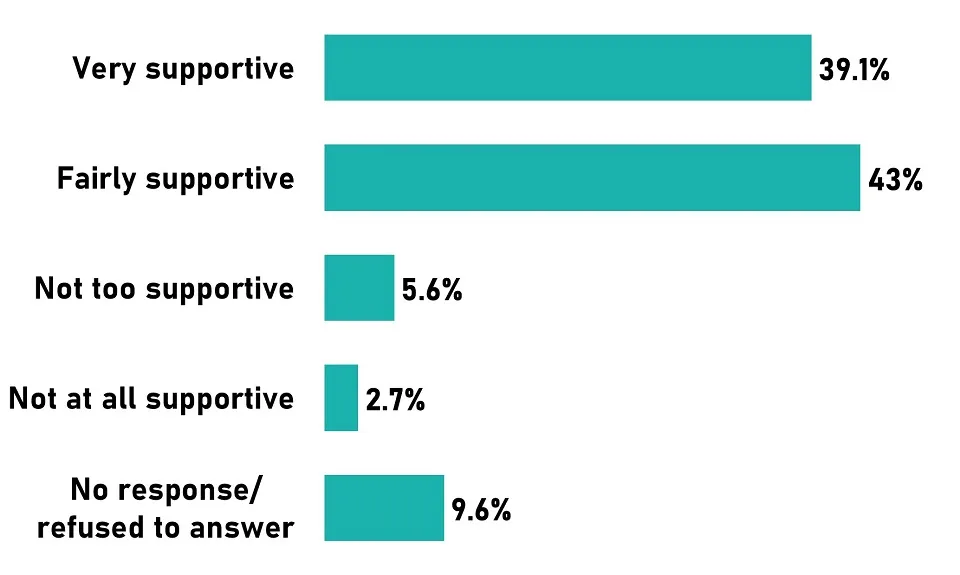
Chart 4-1: Support for the introduction of a mechanism for the energy efficiency review of returning Taiwanese companies
2. Respondents are supportive of energy transition obligations for companies receiving COVID-19 government's stimulus payments
As part of the stimulus measures the government has introduced to help tide businesses through the COVID-19 pandemic, 59.8% of the respondents were also supportive of including a requirement for businesses to adhere to energy transition obligations, with 21.7% who were very supportive and 38.1% who were fairly supportive. There were 29.3% who were unsupportive, of whom 13.4% were not at all supportive and 15.9% who were not too supportive.
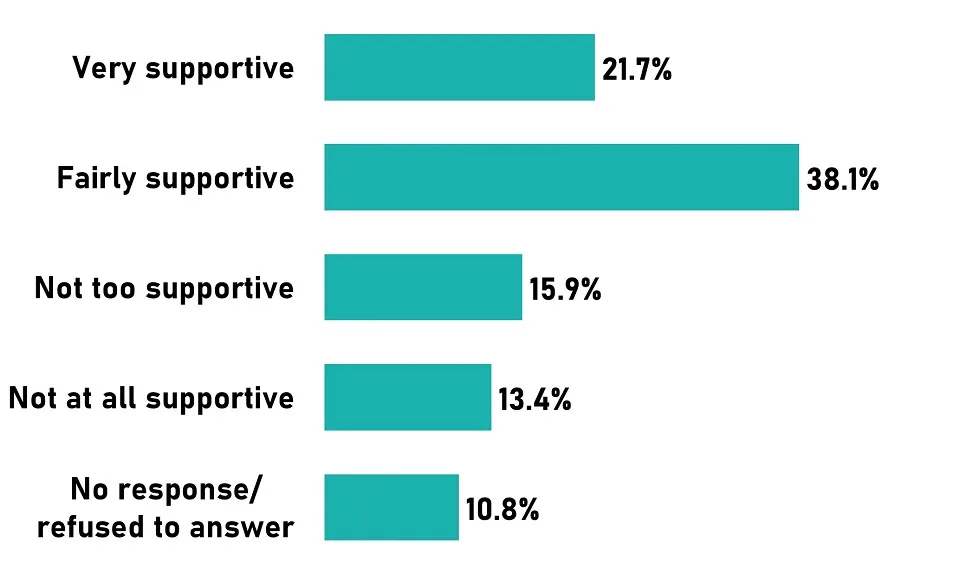
Chart 4-2: Support for energy transition obligations for companies receiving COVID-19 government's stimulus payments
3. Respondents are supportive of carbon reduction obligations for airlines receiving COVID-19 bailouts
Finally, 77.2% of the respondents were also supportive of the inclusion of a requirement for airlines receiving COVID-19 bailouts to also fulfil carbon reduction obligations, with 35.3% who were very supportive and 41.9% who were fairly supportive. Only 13.3% were not supportive, of whom were 4.1% who were not at all supportive and 9.2% who were not too supportive.
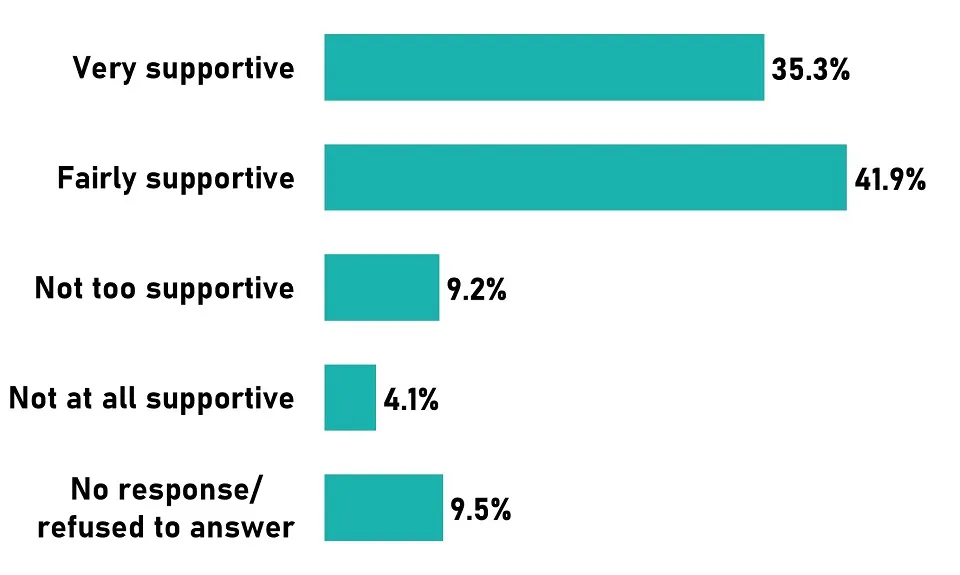
Chart 4-3: Support for carbon reduction obligations for airlines receiving COVID-19 bailouts
In sum, Taiwanese's evaluation of Taiwan's energy transition pathway has improved and they even believe the government should do more in terms of its renewable energy targets and climate policies. However, Taiwanese continue to be distrusting of businesses and the government, and more can be done to work via academics and experts to communicate Taiwan's energy transition strategies with the general public.

This work is licensed under a Creative Commons Attribution-NonCommercial-NoDerivatives 4.0 International License.
※The aforementioned may not be copied for commercial use without the center's consent, thank you.※
